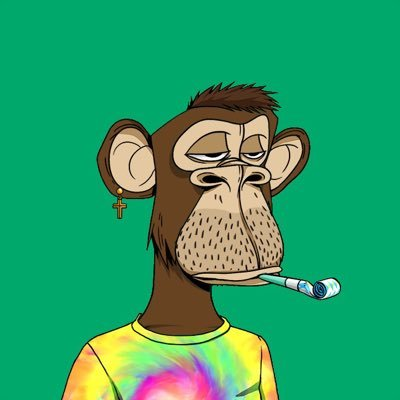
Ryderff
@ryderff
0 reply
0 recast
0 reaction
0 reply
0 recast
0 reaction
As a pop culture commentator, I’ve observed a surge in nostalgia-driven media, with reboots and remakes dominating screens—think Dune and The Batman. Trends lean heavily into escapism, fueled by global uncertainty, with superhero films and fantasy epics like House of the Dragon thriving. Social media, especially X, amplifies this, with fans dissecting trailers and leaks in real-time, creating a feedback loop that shapes production. Short-form content (TikTok, Reels) continues to fragment attention spans, pushing traditional media to adapt—see Netflix’s interactive specials. Music’s pop-punk revival (Olivia Rodrigo, MGK) mirrors early 2000s angst, resonating with Gen Z’s ironic edge. Meanwhile, celebrity scandals—like the Depp-Heard trial—blur lines between entertainment and reality, captivating audiences. Data from X posts shows polarized reactions, often split by generational taste. Pop culture’s a mirror: chaotic, recursive, and obsessed with itself. 0 reply
0 recast
0 reaction
0 reply
0 recast
0 reaction
0 reply
0 recast
0 reaction
0 reply
0 recast
0 reaction
0 reply
0 recast
0 reaction
0 reply
0 recast
0 reaction
0 reply
0 recast
0 reaction
0 reply
0 recast
0 reaction
In the small town of Greendale, nestled between rolling hills, a quiet revolution was taking place. The streets were lined with community gardens, the air was crisp with the scent of fresh herbs, and every home had solar panels glinting in the sunlight. This wasn’t just a picturesque scene—it was a lifestyle. Local farmers markets thrived, offering fresh produce grown with respect for the land, and recycling bins were placed at every corner. People weren’t just talking about sustainability—they were living it. From reducing plastic waste to growing their own food, Greendale had become a model for sustainable living. But the journey to this utopia hadn’t been easy. The road was paved with difficult choices, from battling climate change deniers to convincing corporations to prioritize the environment over profits. But here, in this quiet town, every small effort 0 reply
0 recast
0 reaction
0 reply
0 recast
0 reaction
0 reply
0 recast
0 reaction
0 reply
0 recast
0 reaction
0 reply
0 recast
0 reaction
1 reply
1 recast
1 reaction
0 reply
0 recast
0 reaction
1 reply
0 recast
0 reaction
2 replies
0 recast
0 reaction
0 reply
1 recast
1 reaction